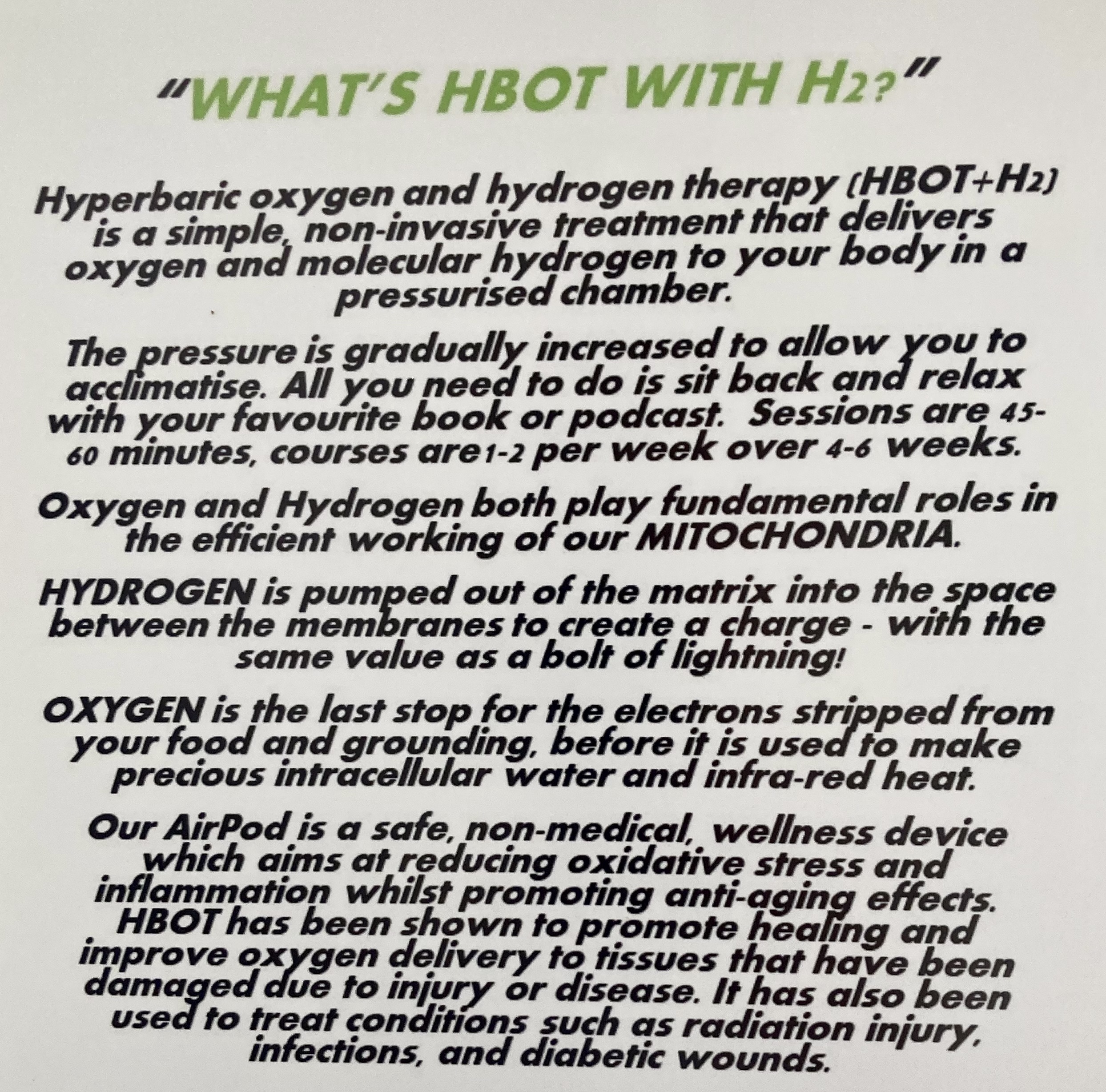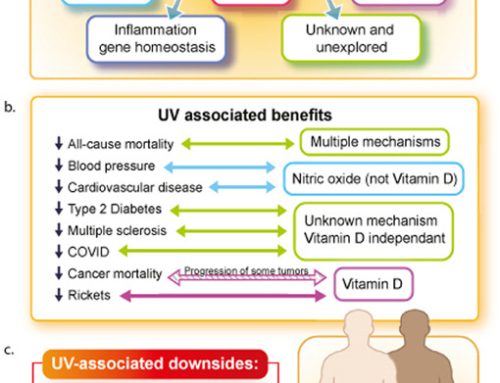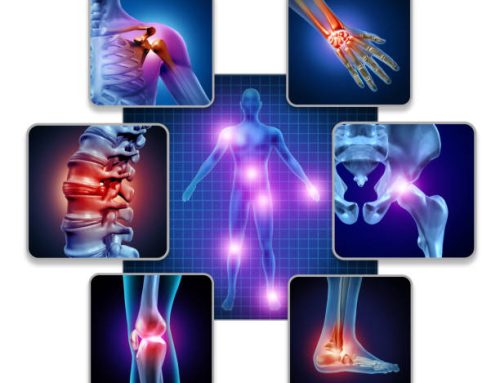This study reviews literature and evidence demonstrating the potential of hydrogen gas as a therapeutic agent in cancer treatment, highlighting various benefits:
- Anti-inflammatory Effects: Hydrogen gas reduces inflammatory cytokines, helping to prevent tumor formation, progression, and mitigate chemotherapy-induced side effects.
- Antioxidant Properties: It scavenges harmful reactive oxygen species (ROS), such as hydroxyl radicals and peroxynitrite, protecting cells from oxidative stress and reducing the side effects of radiotherapy and chemotherapy.
- Apoptosis Regulation: Hydrogen gas can both inhibit and induce apoptosis in cells, protecting normal cells from the harmful effects of anti-cancer drugs while promoting the death of cancer cells.
- Enhancement of Cancer Therapies: It acts synergistically with traditional cancer therapies, such as chemotherapy and radiotherapy, to improve their efficacy and reduce adverse effects. For example, hydrogen-rich water has shown protective effects against drug-induced organ toxicity and radiation-induced damage.
- Direct Anti-cancer Activity: Hydrogen gas can suppress the growth and proliferation of cancer cells and tumors, including lung cancer, esophageal cancer, ovarian cancer, and glioblastoma. It inhibits cancer stem cells, reducing their ability to form new tumors.
- Rapid Diffusion and Penetration: Hydrogen gas’s small molecular size allows it to quickly diffuse through cell membranes, efficiently reaching various tissues and organs.
In conclusion, hydrogen gas offers a broad spectrum of benefits in cancer treatment, from reducing therapy-related side effects to directly inhibiting cancer cell growth, making it a valuable adjunct in clinical oncology.
For more details or to read the full study, please visit Hydrogen Gas in Cancer Treatment.
Hydroxy AirPod: Molecular Hydrogen Treatment
Our Hydroxy AirPod provides molecular hydrogen as part of its treatment, offering a convenient and effective way to experience the therapeutic benefits of hydrogen gas.
Reference: Li, S., Liao, R., Sheng, X., Luo, X., Zhang, X., Wen, X., Zhou, J., & Peng, K. (2019). Hydrogen Gas in Cancer Treatment. Frontiers in Oncology. https://www.frontiersin.org/journals/oncology/articles/10.3389/fonc.2019.00696/full






